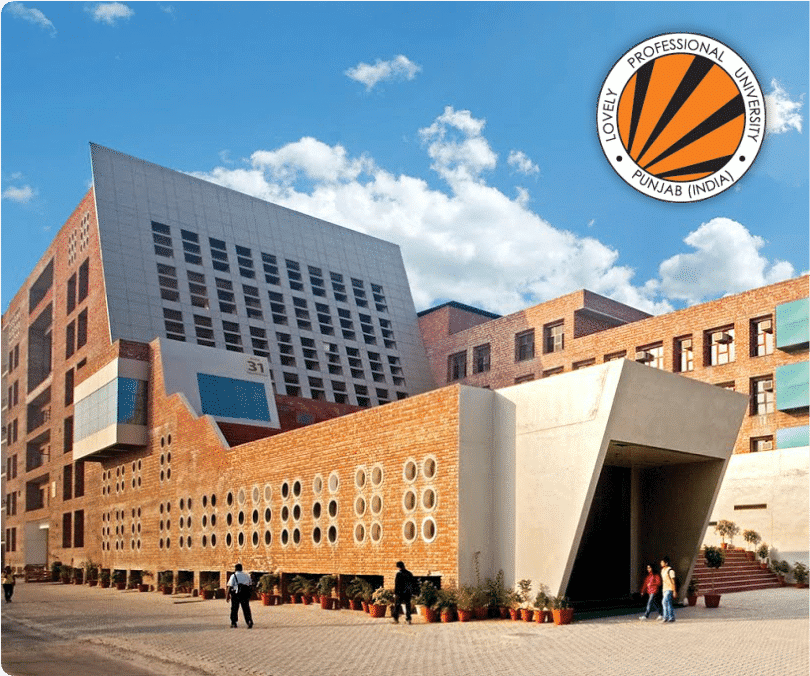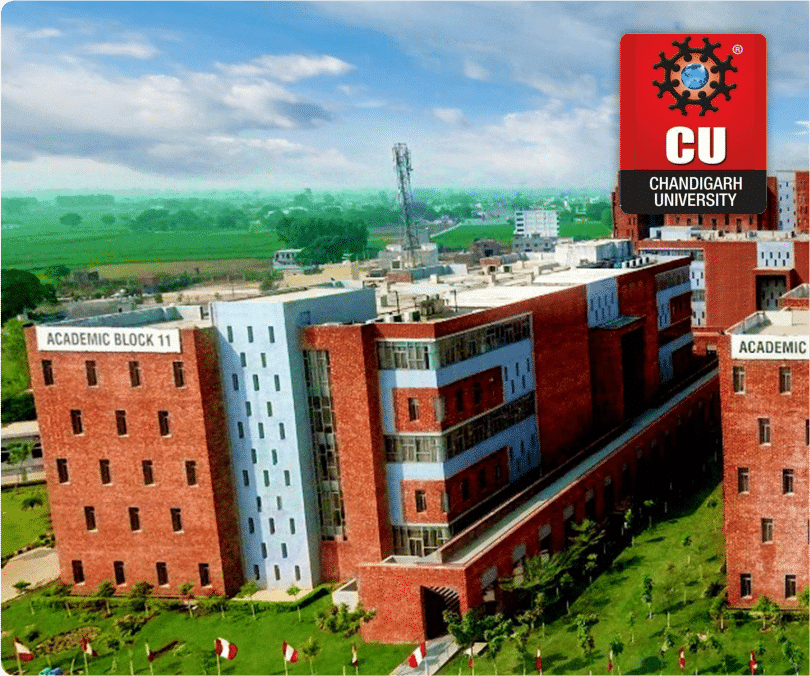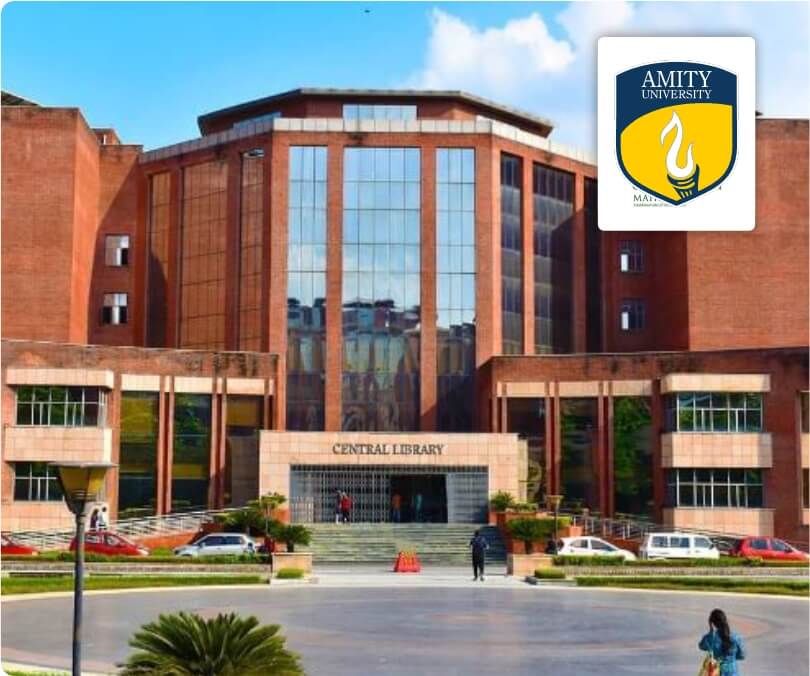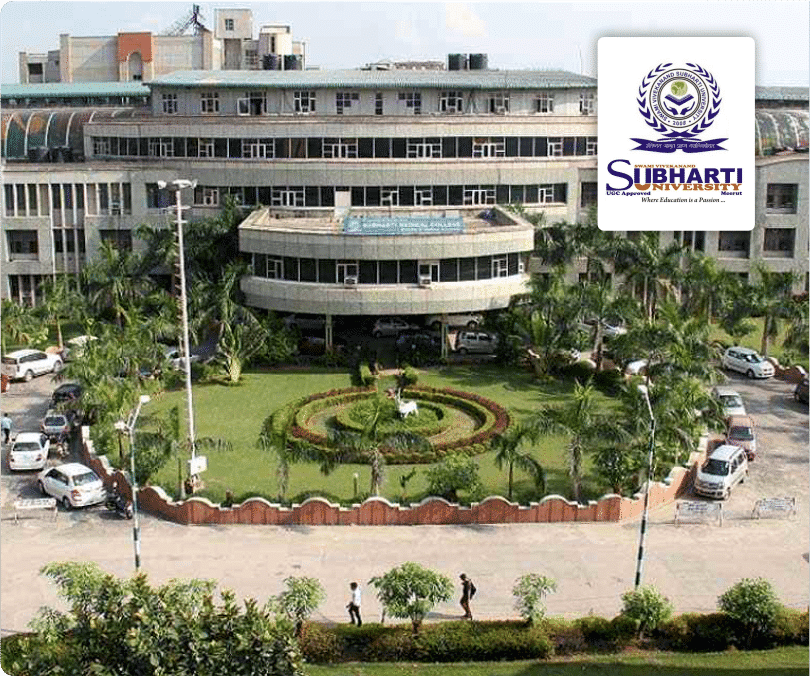
Know this before pursuing MBA in IT: Scope, Top Colleges, Fees, Syllabus, and More
Pursuing an MBA in IT can open doors to a dynamic and rewarding career. This course blends advanced business management skills with essential IT expertise. Students who study this course can enjoy benefits such as high-paying jobs, service value, promotions, and more.
The program is designed to make graduates a valuable asset in today’s tech-driven world. However, before you take this exciting step, it’s essential to understand the scope of the degree, find out which top colleges offer it, get an idea of the fees involved, and learn about the syllabus.
In this guide, we’ll explain all these crucial details, helping you make an informed decision and set yourself up for success in the ever-evolving field of IT management.
Scope of MBA in IT
An MBA in IT merges business administration with information technology, preparing graduates for leadership roles in the tech industry. This degree offers a diverse range of career opportunities, responding to the high demand for tech-savvy business professionals. Let’s explore this field’s scope, industry demand, potential job roles, and growth prospects.
Career Opportunities
| Career Path | Average Salary (INR) | Job Outlook (Next 5 Years) |
| IT Manager | 10,00,000 – 20,00,000 | High |
| Chief Technology Officer (CTO) | 30,00,000 – 50,00,000 | Very High |
| Systems Analyst | 8,00,000 – 15,00,000 | High |
| Project Manager | 12,00,000 – 25,00,000 | High |
| Data Scientist | 10,00,000 – 20,00,000 | Very High |
| Business Analyst | 8,00,000 – 18,00,000 | High |
| IT Consultant | 10,00,000 – 22,00,000 | High |
Industry Demand
The demand for professionals with an MBA in IT is consistently high due to the rapid advancement in technology and digital transformation across industries. Companies need leaders who can bridge the gap between technical teams and business objectives, ensuring that IT initiatives align with overall corporate strategies.
This degree equips you with the necessary skills to handle complex IT projects, innovate solutions, and improve business processes, making you highly valuable in the job market.
Potential Job Roles and Growth Prospects
IT Manager: Oversee IT departments and ensure smooth operation of technical services.
Growth: Opportunities to advance to senior management roles like CIO or CTO.
Chief Technology Officer (CTO): Leading the technology strategy of an organisation, driving innovation and tech solutions.
Growth: Significant, as tech-driven strategies become integral to business success.
Systems Analyst: Analysing and designing IT systems to meet business needs.
Growth: High demand for optimising and integrating new technologies.
Project Manager: Managing IT projects from inception to completion, ensuring timely and within-budget delivery.
Growth: Strong, with the potential to move into higher executive positions.
Data Scientist: Analysing large datasets to provide insights and drive decision-making.
Growth: Explosive, as data becomes increasingly crucial in business strategy.
Business Analyst: Bridging the gap between IT and business, ensuring that tech solutions meet business objectives.
Growth: Consistently strong, with an increasing need for tech-business alignment.
IT Consultant: Providing expert advice to organisations on IT strategy and implementation.
Growth: High, with many opportunities for independent consulting and senior advisory roles.
Top Colleges for MBA in IT
Choosing the right college for pursuing an MBA in IT is crucial for your academic and career success. Here, we have given an overview of the top colleges offering MBA in IT, along with the criteria for selecting the best institutions:-
Criteria for Selecting the Best Colleges
Accreditation: Ensure the college is accredited by recognized bodies.
Faculty: Look for experienced and qualified faculty members.
Curriculum: The curriculum should be comprehensive and up-to-date with industry standards.
Infrastructure: State-of-the-art infrastructure and IT facilities are essential.
Placement Records: Check the college’s placement history and the companies that recruit from there.
Alumni Network: A strong alumni network can provide valuable connections and opportunities.
Industry Collaboration: Partnerships with industry leaders can enhance learning and offer internship opportunities.
Overview of Reputed Institutions Offering MBA in IT
| University Name | Location | Fees (INR per annum) | Accreditation |
| Indira Gandhi National Open University (IGNOU) | New Delhi | 37,800 | UGC, DEB |
| Symbiosis Centre for Distance Learning (SCDL) | Pune | 50,000 | AICTE, DEB |
| Amity University Online | Noida | 1,60,000 | UGC, DEB, NAAC |
| Narsee Monjee Institute of Management Studies (NMIMS Global Access) | Mumbai | 1,20,000 | UGC, DEB |
| ICFAI University | Tripura | 65,000 | UGC, DEB |
| Sikkim Manipal University (SMU-DE) | Gangtok | 85,000 | UGC, DEB |
| Annamalai University | Tamil Nadu | 49,000 | UGC, DEB |
| Bharathiar University | Coimbatore | 45,000 | UGC, DEB |
| Karnataka State Open University (KSOU) | Mysuru | 40,000 | UGC, DEB |
| Suresh Gyan Vihar University | Rajasthan | 37000 | NAAC A, UGC, AICTE |
| Manglayatan Online | Uttar Pradesh | 46,000 | |
| Lovely Professional University | Punjab | 86,000 | NAAC A++, UGC |
| Chandigarh University | Punjab | 1,00,000 | |
| Manipal University | Rajasthan | 87,000 | NAAC A+, UGC |
| Uttaranchal University | Uttarakhand | 40,000 | NAAC A+, UGC |
| Jain University | Bengalore | 90,000 | NAAC A++, UGC |
| VIGNAN | Guntur | 55,000 | NAAC A+ |
| DY Patil University | Pune | 90,000 | NAAC A++, UGC |
Admission Requirements and Process
Eligibility Criteria
To apply for an MBA in IT, candidates typically need to meet the following criteria:
- Educational Qualification: A bachelor’s degree in any discipline from a recognized university, with a minimum aggregate score (usually 50% for general category and 45% for reserved categories).
- Work Experience: While not always mandatory, some top institutions prefer candidates with relevant work experience, usually ranging from 1 to 3 years.
Entrance Exams and Scores
Admission to an MBA in IT program often requires candidates to clear one or more of the following entrance exams:
Common Admission Test (CAT)
Management Aptitude Test (MAT)
Graduate Management Admission Test (GMAT)
Xavier Aptitude Test (XAT)
Common Management Admission Test (CMAT)
Each university or college has its own cutoff scores for these exams, so it’s important to aim for high scores to enhance your chances of admission.
Application and Selection Process
Application process is simple and students can do it in the following ways:-
- Online Application: Fill out the online application form on the institution’s official website, providing necessary personal and academic details.
- Document Submission: Upload required documents, including educational certificates, entrance exam scores, and work experience certificates.
- Application Fee: Pay the non-refundable application fee as specified by the institution.
The selection process typically includes:
Shortlisting: Based on entrance exam scores and academic records, institutions shortlist candidates for the next round.
Group Discussion (GD) and Personal Interview (PI): Shortlisted candidates participate in GD and PI rounds to assess their communication skills, leadership qualities, and subject knowledge.
Final Merit List: Institutions prepare a final merit list based on the combined performance in entrance exams, GD, PI, and overall academic profile.
Syllabus and Course Structure for MBA in IT
An MBA in IT offers a robust curriculum designed to equip students with a blend of advanced business acumen and IT expertise. The course is typically divided into core subjects and electives, with opportunities for practical training and specialization in specific areas.
Core Subjects:
| Core Subjects | Description |
| Management Principles and Practices | Fundamentals of management theories and applications. |
| Financial Accounting | Basic accounting principles and financial statement analysis. |
| Marketing Management | Strategies and techniques for effective marketing. |
| Operations Management | Techniques for efficient business operations. |
| Information Systems Management | Overview of IT infrastructure and its management. |
| Business Analytics | Using data analysis for informed decision-making. |
| Strategic Management | Planning and executing business strategies. |
| Human Resource Management | Managing workforce effectively. |
Electives:
| Electives | Description |
| Cybersecurity Management | Protecting digital assets and managing security risks. |
| E-Commerce and Digital Marketing | Leveraging online platforms for business growth. |
| IT Project Management | Planning, executing, and closing IT projects. |
| Artificial Intelligence and Machine Learning | Implementing AI and ML in business solutions. |
| Cloud Computing | Understanding cloud services and their business applications. |
| Data Science and Big Data Analytics | Analyzing large datasets to drive business insights. |
Practical Training and Internships
| Practical Training and Internships | Description |
| Internships | Gaining hands-on experience in real-world IT and business environments. |
| Capstone Projects | Working on comprehensive projects that integrate learning from various courses. |
| Workshops and Seminars | Participating in industry-led sessions to stay updated with current trends. |
Specializations and Areas of Focus
| Specializations and Areas of Focus | Description |
| IT Consulting | Advising businesses on technology strategies and implementations. |
| Enterprise Resource Planning (ERP) | Managing and integrating core business processes. |
| Information Technology Governance | Ensuring IT aligns with business goals and complies with regulations. |
| Healthcare IT | Applying IT solutions to improve healthcare services and systems. |
Fees and Financial Considerations for MBA in IT Students
When planning to pursue an MBA in IT, understanding the financial implications is crucial. The fees for this program can vary depending on the institution, location, and other factors. Here’s a brief overview to help you navigate the financial landscape of an MBA in IT.
Typical Fee Structure
The cost of an MBA in IT generally ranges from INR 5 lakhs to INR 20 lakhs per annum. This variation depends on the reputation and ranking of the institution, the resources and facilities provided, and the duration of the course. Some prestigious institutions may charge higher fees, but they often provide better networking opportunities, higher quality education, and better placement prospects.
Scholarships and Financial Aid Options
To help with financial burden, many scholarships and financial aid services are available for the deserving students. Here are some common types of scholarships available:
1. Merit-Based Scholarships: Students with excellent academic record and outstanding entrance exam scores can avail this scholarship. Examples include:
- National Scholarship Scheme: Offered by various state governments to top-performing students.
- Institute-Specific Scholarships: Provided by institutions like IIMs and other top B-schools for top-ranked candidates.
2. Need-Based Scholarships: Designed for students from economically weaker sections. Examples include:
- NSP Scholarships: Offered under the National Scholarship Portal for economically disadvantaged students.
- Minority Scholarships: Provided by the Ministry of Minority Affairs for students from minority communities.
3. Category-Based Scholarships: Offered to specific groups like SC/ST, OBC, and women. Examples include:
- Post-Matric Scholarships for SC/ST Students: Funded by state governments.
- Women in Management Scholarships: Offered by various institutions to encourage female participation in management programs.
4. Corporate Scholarships: Sponsored by corporations and organizations for students pursuing management degrees. Examples include:
- Aditya Birla Scholarship: Provided by the Aditya Birla Group for top management students.
- Tata Scholarships: Offered by Tata Trusts for meritorious students.
5. Government Scholarships and Fellowships: Various schemes provided by central and state governments. Examples include:
- Prime Minister’s Scholarship Scheme: For wards of ex-servicemen and ex-coast guard personnel.
- AICTE PG Scholarship: For GATE/GPAT qualified students.
6. Education Loans: Top banks and financial support services offer education loans with flexible repayment options and low interest charges for students enrolled in recognized MBA programs.
Conclusion
An MBA in IT offers a unique blend of business acumen and technological expertise, equipping graduates with the skills needed to excel in the modern digital landscape. With promising career opportunities, competitive salaries, and the potential to drive innovation in various industries, this degree is a strategic investment in your future. By choosing the right program, you can unlock various possibilities and achieve significant professional growth. Embrace this opportunity to become a leader in the ever-evolving field of IT management.
Most Popular Blogs

Online BCA Courses in Jain University Online

Distance Education at Pondicherry University

Top 4 colleges to pursue Distance BBA in Andhra Pradesh

What are the top distance BSc colleges in Kerala

Know about the top 3 distance BCom universities in Madhya Pradesh



















